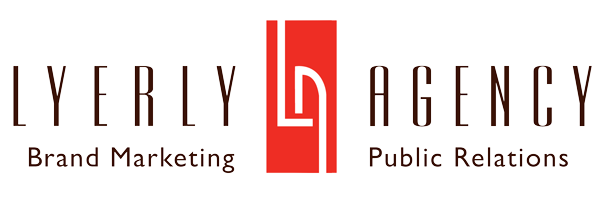As posted in the Gaston Gazette
It’s everywhere these days: companies trying to use public relations, marketing and advertising to illustrate dedication to women’s causes. From Dove to Secret to Lean Cuisine, company after company is looking for a way to connect their brand to feminism.
But there are also plenty of companies and businesses who are taking advantage of this moment. TEDx speaker and author Katie Martell notes that a number of businesses practice what she calls “faux feminism/femvertising,” or the use of feminist messages in marketing and advertising but not using or practicing those messages internally within the business itself.
So what can you do to make sure your business does more than just pay lip service to feminist principles? Here are a few ideas:
- Make women part of the conversation. Planning to market to women? Then it would be a good idea to include the thoughts, perspectives and ideas of real women in the development process. Why? Because giving women a hand in the crafting of an ad means it’s more likely to promote an honest and uplifting feminist message rather than one designed primarily to generate profit. In addition, if you give women a role in developing your campaigns, you’re showing that you’re putting your money where your mouth is, and you’re using the best minds and resources available to develop content to which women will actually pay attention.
- Examine your everyday ads. Are your ads putting out a consistently feminist message, or is this campaign a one-off? If the ads that you routinely produce and disseminate carry some sexist or misogynistic messages, even implicit ones, women will be far less likely to trust you. Consider, as Katie Martell points out, how women felt about Dove’s “Real Beauty” campaign when they discovered that Unilever, the maker of Axe Body Spray, was the parent company. Not only is Axe’s marketing and advertising replete with sexist images and messaging, notes Martell, but only about 30 percent of its staff is made up of women. The message that Unilever/Dove promoted became that feminism only matters when it’s expedient. You certainly don’t want that to be the message that women are internalizing about your product and/or services, so it’s a good idea to reexamine all of your advertising and marketing materials for sexism and bias and not just to build a campaign geared toward women.
- Work on establishing equity. Too often, businesses are focused on promoting feminism through some kind of bold message illustrating women’s power or wisdom. But actions often speak louder than words, and many of these same businesses aren’t turning a critical eye on themselves. Many don’t have adequate family leave programs; some may have issues with pay equity or may fail to hire enough women. The best way to back up that loudly proclaimed feminist message in your ad? Make sure you’re cultivating a workplace environment where women’s needs are met and where women are able to feel empowered and succeed.
- Avoid the “pink” tax. Some of the same companies that tout feminist messages are the same companies that charge a “pink” tax, which is higher pricing placed on women’s products that are comparable to men’s. While this is still an all-too-common practice – Consumer Reports has found that women pay up to 50 percent more than men do – it’s hard to promote a feminist message if you’re charging women more for essentially the same product. Take a hard look at your products and services, whatever they are, and make sure you’re pricing them so that women feel that they are being treated fairly.
- Take a look at your business relationships. While you may do a stellar job of meeting expectations for gender equity in your personal business practices, what about the other people you do business with? You certainly can’t control how other companies run their businesses, but you can make educated choices about with whom you decide to do business. So do your research: how many women are in leadership positions? How equitable are their hiring and pay practices? If you find an imbalance in these areas, you might want to consider working with someone whose business practices are more aligned with your desire to support women.
It’s easy to trot out feminist phrases in an ad campaign. While it’s a bit more challenging for your business to embody feminist practices, in the long run, the payoff can be a lot larger. Since women influence approximately 90 percent of household purchases, having a strong customer base of women who appreciate your loyalty and give you the same in return will be a business boon.
